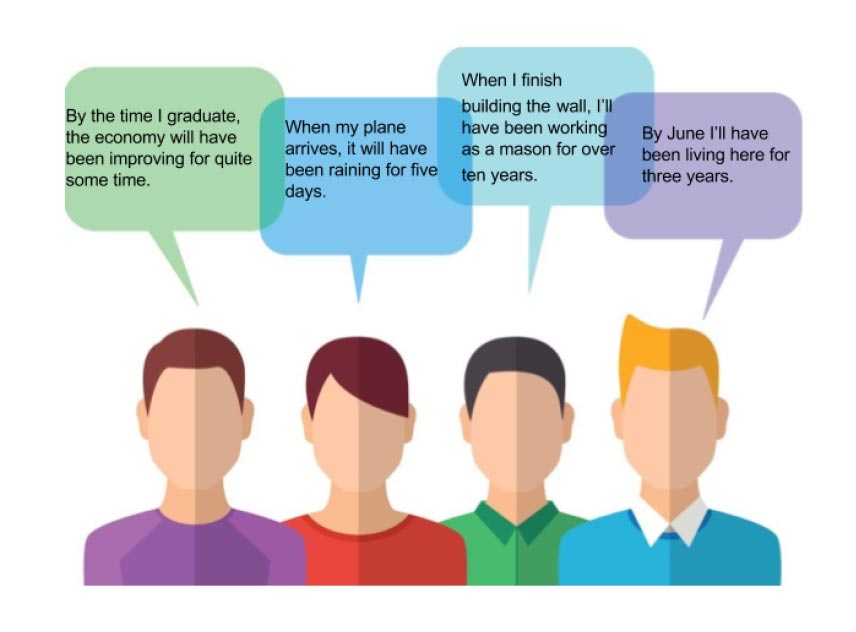English language learners are often challenged by collocations and tend to avoid using them. Using collocations is a key indicator of competency and fluency in a language. Speaking without collocations is like talking without idioms or phrasal verbs. The message may be conveyed, but your word choice will sound awkward or unnatural.
Grammar - Category
Collocations Convey Competency and Fluency in a Language
January 12th, 2018 | GrammarWhen, How and Why to Use the Future Continuous Tense Part 2
November 15th, 2017 | Grammar
Why Use the Future Perfect Continuous? The future perfect continuous is a convenient way to convey the ongoing nature of an action in the future. It is rarely used and considered very advanced level English. However, it is a precise way of conveying the nature of the duration of an activity. […]
When, How and Why to Use the Future Perfect Continuous Part 1
November 9th, 2017 | Grammar
When You Should Use the Future Perfect Continuous Use the future perfect continuous to project yourself into the future for the duration of an ongoing activity from now up to a point in the future.
Future Perfect Is Easy to Understand
November 3rd, 2017 | Grammar
Future Perfect We use the future perfect to talk about an event that occurs before another event finishes. The future perfect lets you talk about the past in the future. ex I will have finished my homework by dinner time.
When, How and Why to Use the Future Continuous Tense
October 26th, 2017 | Grammar
Future Continuous Tense The future continuous is made up of two parts: ‘will’ and a verb in the present tense. I’ll see you tonight. We’ll talk later. The future continuous tense is not discussed a lot in grammar classes, but is used a great deal in speaking. It is important to know when to use the future […]

